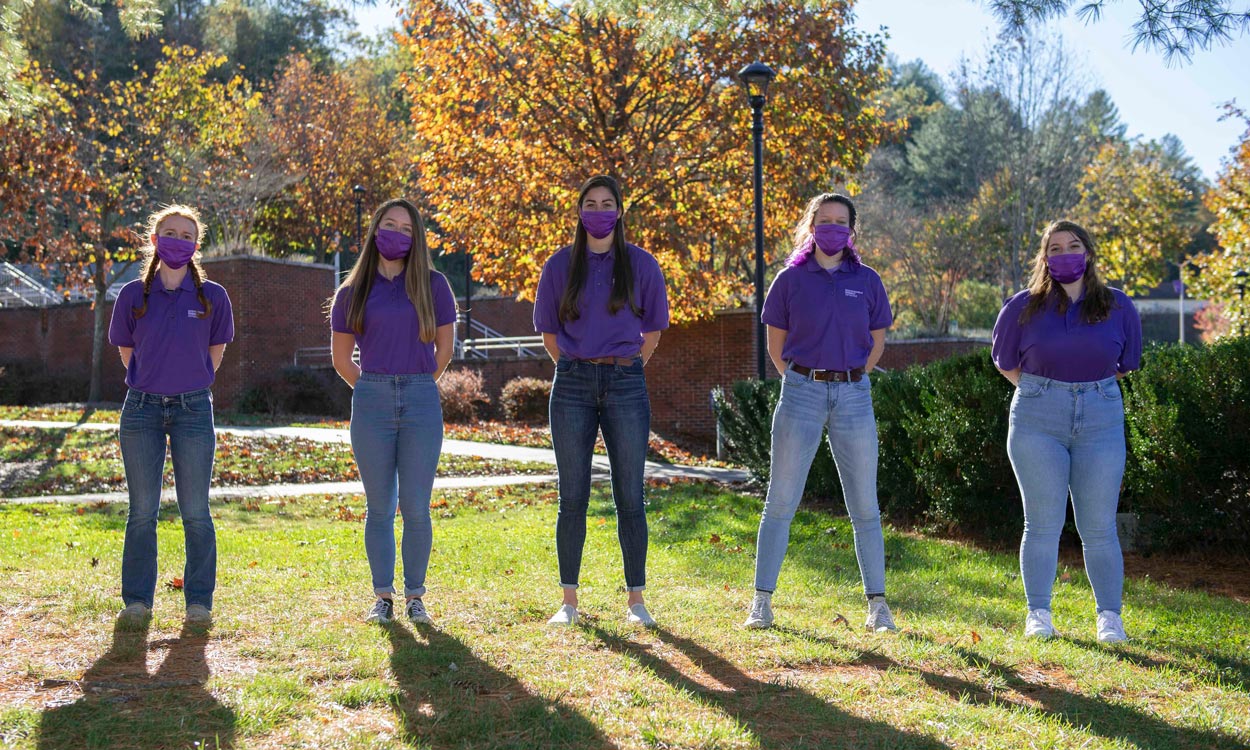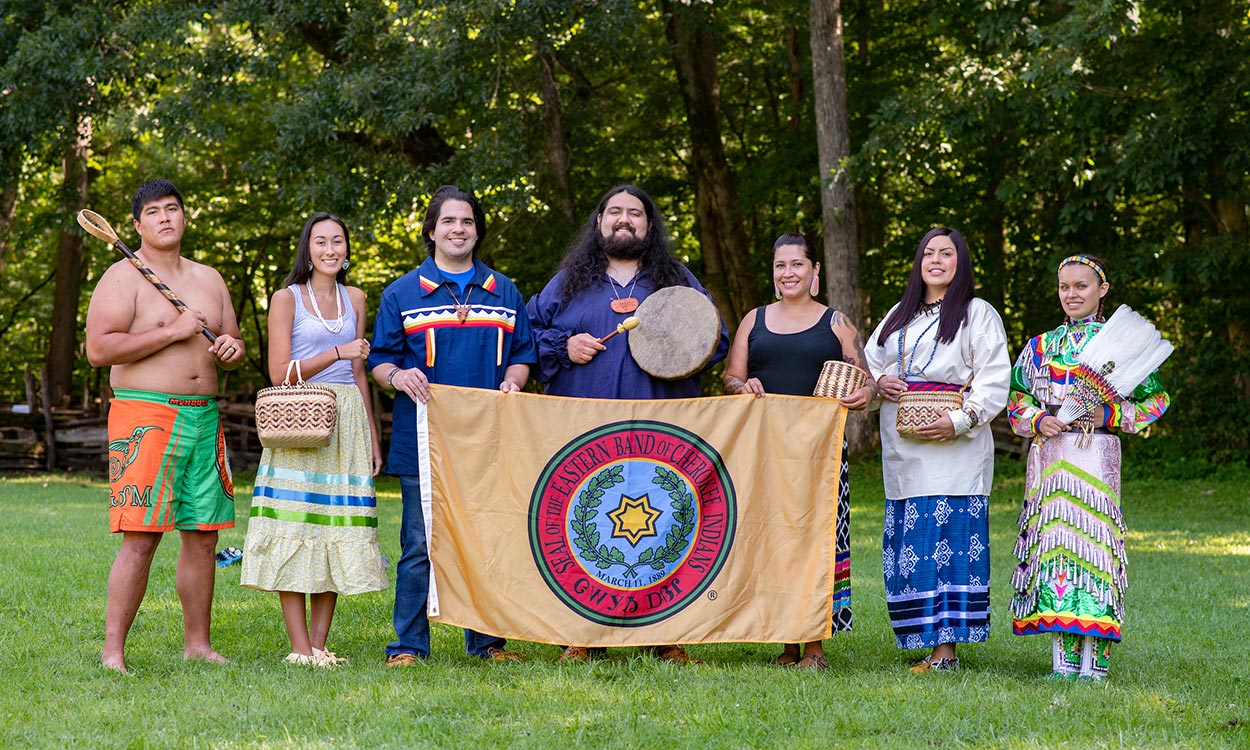Alumni from Business Administration and Law Program elected as district judges across state
When the job description includes the words “your honor,” you know the role is one of importance. That certainly is the case for three Western Carolina University alumni elected to state district court seats in the recent 2020 election.
All are graduates of the Business Administration and Law Program in the College of Business:
- Ashley Watlington-Simms, a 2010 graduate, presiding in Judicial District 18, serving Guilford County
- Samantha Cabe, a 1997 graduate, presiding in Judicial District 15B, serving Chatham and Orange counties
- Brian DeSoto, a 2002 graduate, presiding in Judicial District 3A, serving Pitt County
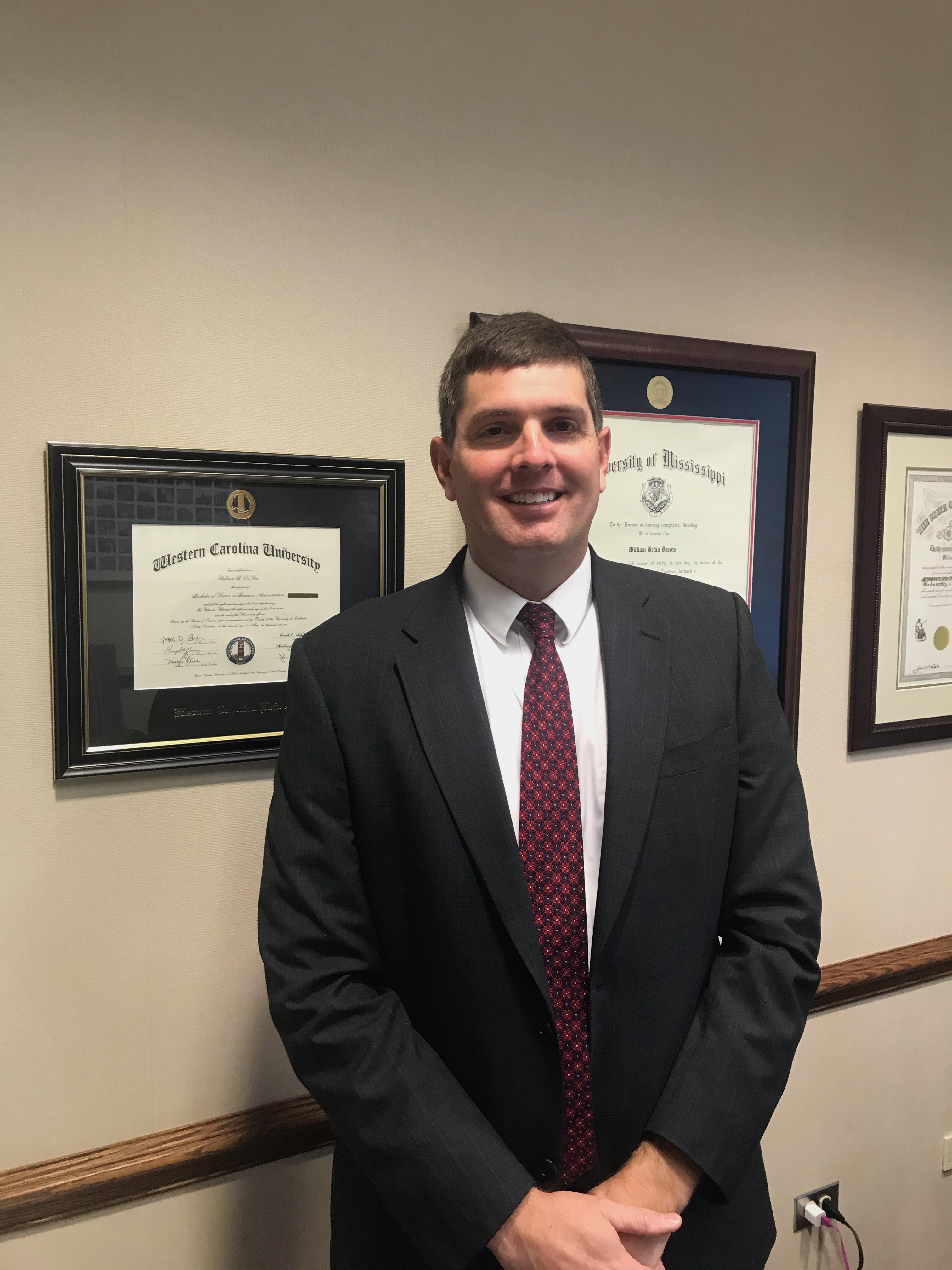
Brian DeSoto
“We are certainly not the only major at Western that helps students to develop the skills needed for law school, but we are so proud of these alumni who chose our path,” said Debra Burke, professor and College of Business interim dean. “They were exceptional students when they were in our program, and they have continued to excel in their profession.”
The role of district court judges in North Carolina is a crucial part of the state judicial system, hearing cases involving civil, criminal, juvenile and magistrate matters. District judges serve four-year terms. According to the state constitution, all judges must be attorneys. However, they are prohibited from practicing law privately while they are judges.
“District court judges are the front lines of the legal system and see the most cases in a year,” said T.J. Eaves, WCU assistant general counsel and also a program alumnus. “The position requires compassion, quick decision-making and confidence, and WCU’s Business Administration and Law Program provides educational and practical experience that will give students a head-start on the path to a judgeship.”
BLAW, as it’s commonly known, offers a pre-law foundation for law school and is unique to the University of North Carolina System. “The program is one of only eight in AACSB-accredited colleges or schools of business that offer a major in business law or legal studies in business, and one of only three in which there are 21 or more required hours in business law,” Burke said.
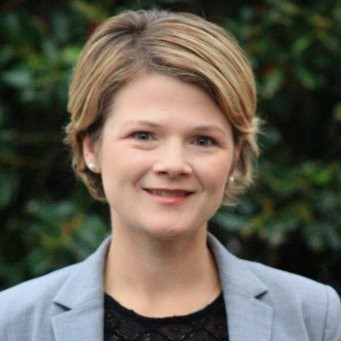
Samantha Cabe
The degree complements business core courses by providing a focus on the legal, regulatory and ethical environment of decision-making in business.
“Thanks to WCU, I entered UNC School of Law with the ability to ‘think like a lawyer’ and with the knowledge and skills I needed to understand complex corporate issues that arose for my clients and on the business side of practicing law,” said Cabe. “The business and accounting foundations that I built at WCU are still serving me today as a judge when I am charged with distributing the assets of multi-million-dollar marital estates.
“Additionally, I cannot speak about my education at WCU without mentioning the extraordinary faculty in the College of Business. The late Claude Teagarden, the late Grace Allen, and Debra Burke not only taught me, they inspired me. They were representative of faculty who took a personal interest in their students and helped us identify and develop our own specific talents and interests.”
Both Watlington-Simms and Desoto also recalled how instructors, as much as the instruction, influenced their career paths.
“My business administration and law degree from WCU was instrumental in my development as an attorney,” said Watlington-Simms. “Jayne Zanglein’s mediation program and training afforded me the opportunity to get hands-on alternative legal experience. Debra Burke’s employment law course afforded me the ability to experience and understand the area of civil rights and employment law. Lorrie Willey’s entry-level business law class afforded me the ability to understand the difference between independent contractors and employees, which gave me an insight that I hadn’t been aware of prior to walking through her classroom doors.
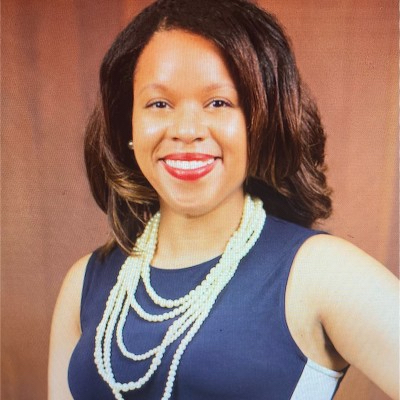
Ashley Watlington-Simms
“If I had to draft a quote to share with potential students about WCU, I would say ‘Be prepared to experience not just a beautiful scenery, but a dynamic educational experience that will prepare you for the workforce.”
Desoto readily agreed. “I have so many wonderful memories of my four years at Western Carolina University,” he said. “The numerous friendships made, playing of intramural sports and outdoor activities all enhanced my time in Cullowhee. There were many excellent professors that challenged and guided me during my education, but none more important to my career path than Professor Debra Burke.”
On a historical note, Cabe is the great-great-granddaughter of William C. Norton, one of the “Noble Nine” who pledged their time and money to support Robert Lee Madison’s dream of a school in Western North Carolina that became today’s WCU. At one time the Jackson County sheriff, Norton was one of the trustees for the newly chartered Cullowhee High School in 1891, the forerunner of what is now WCU.
For more information on the Business Administration and Law Program, call 828-227-7412.
